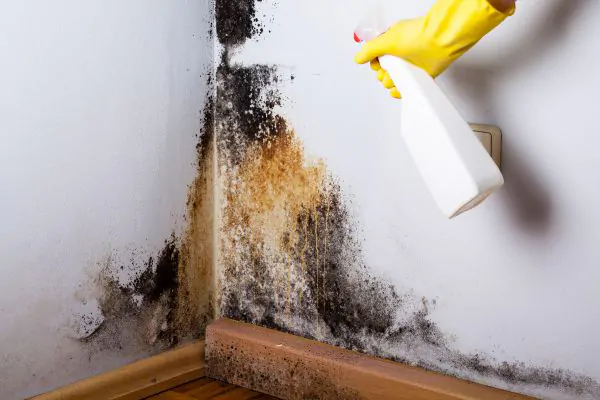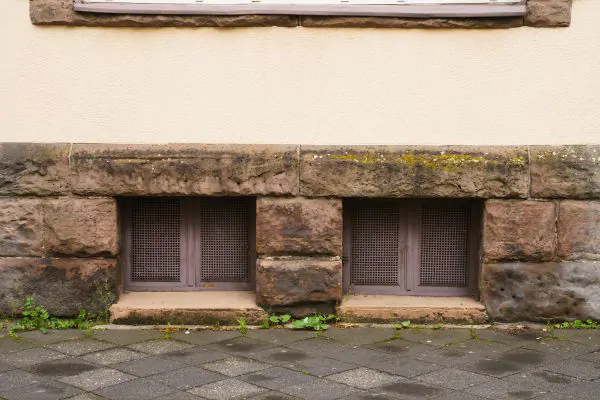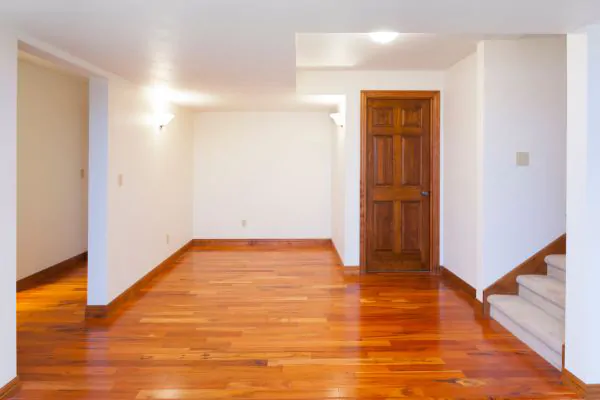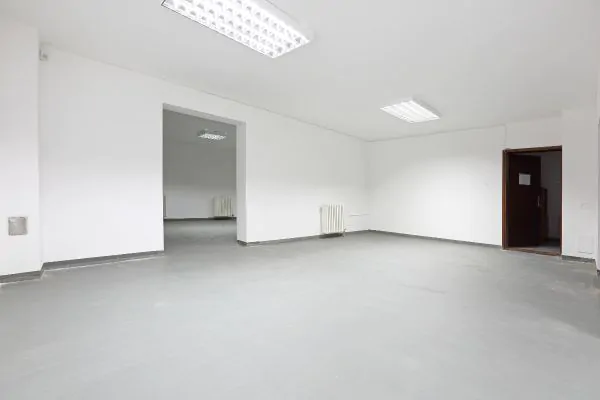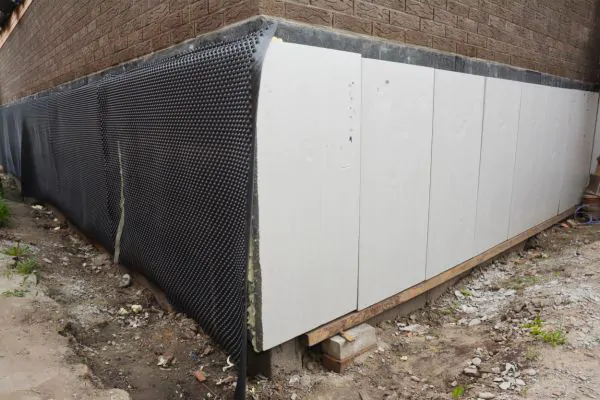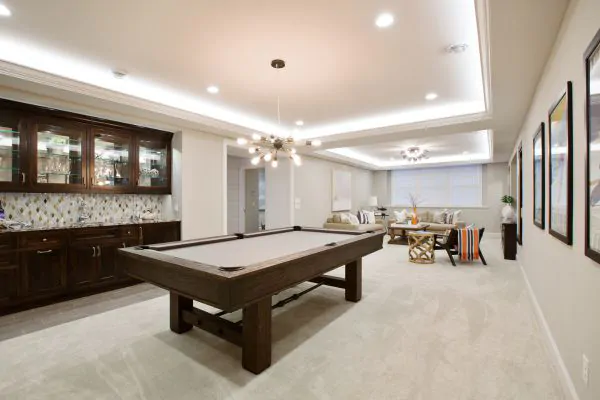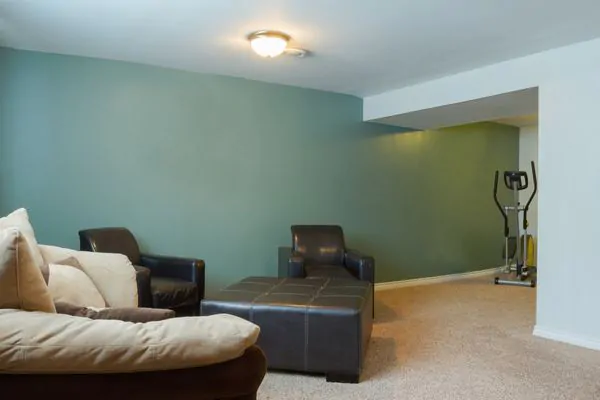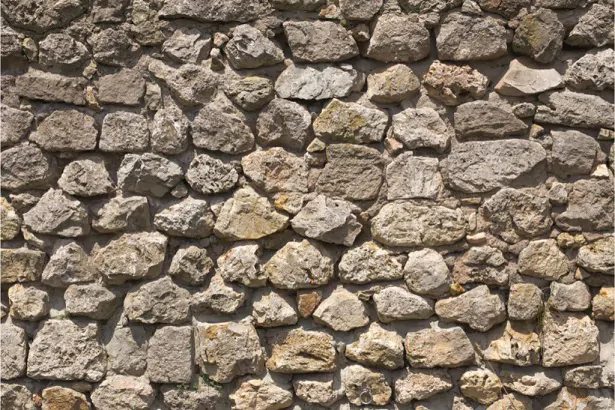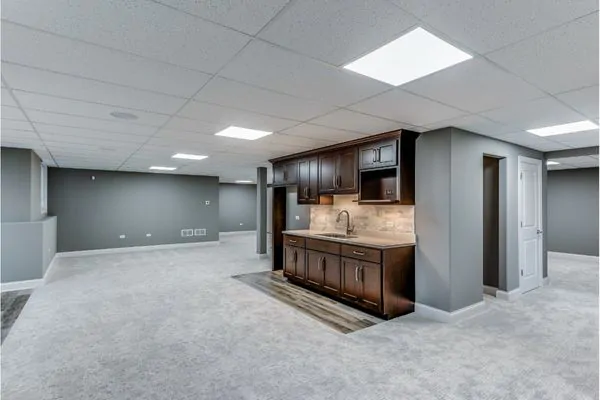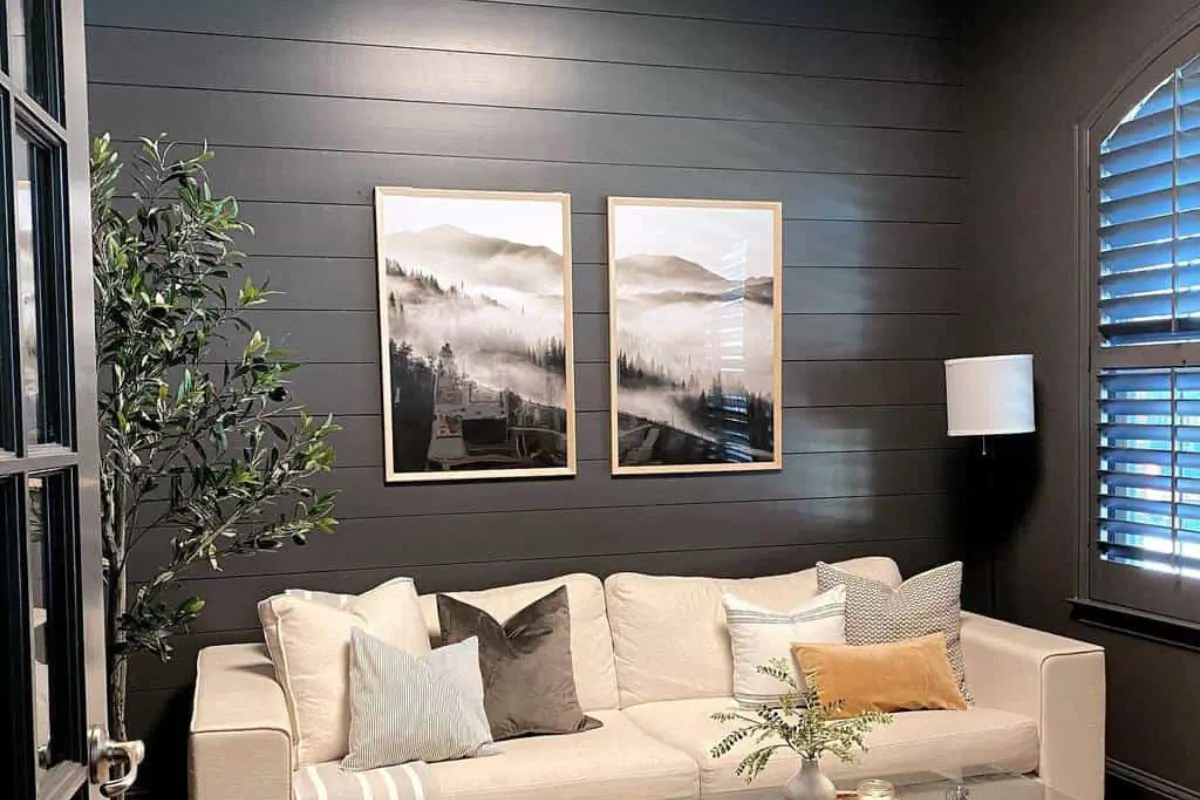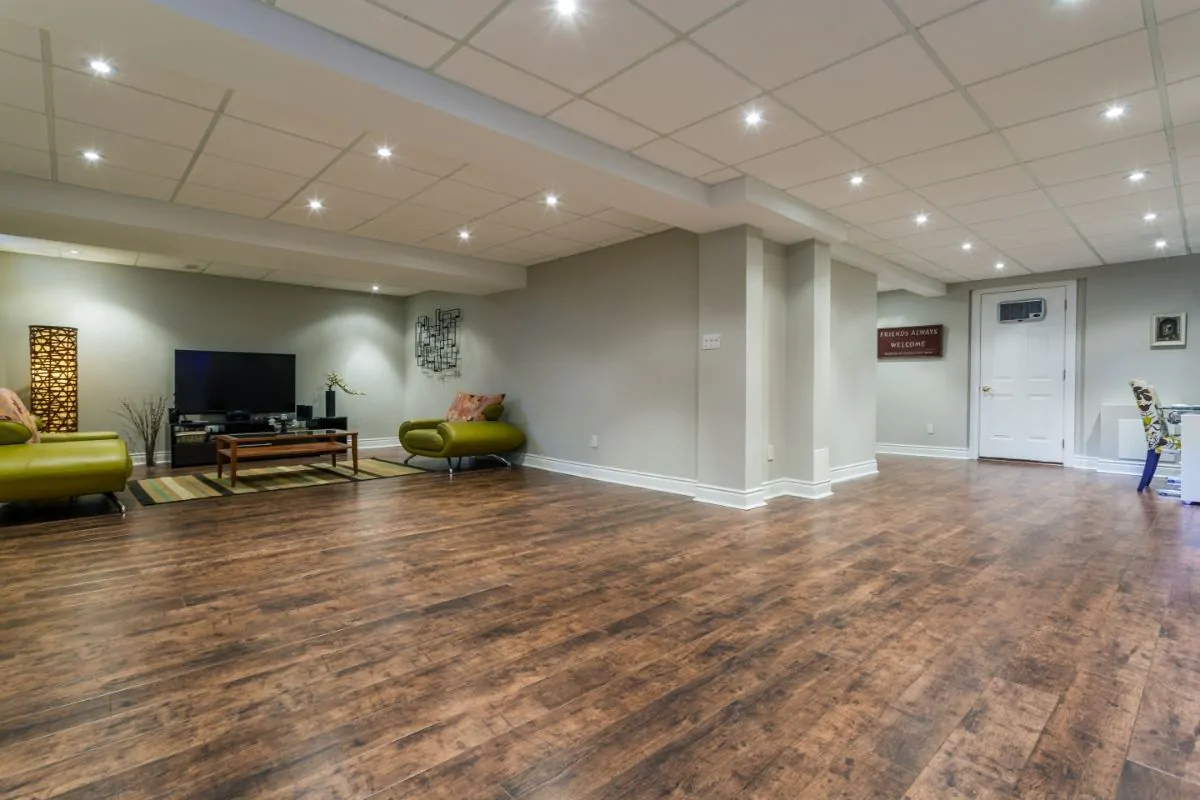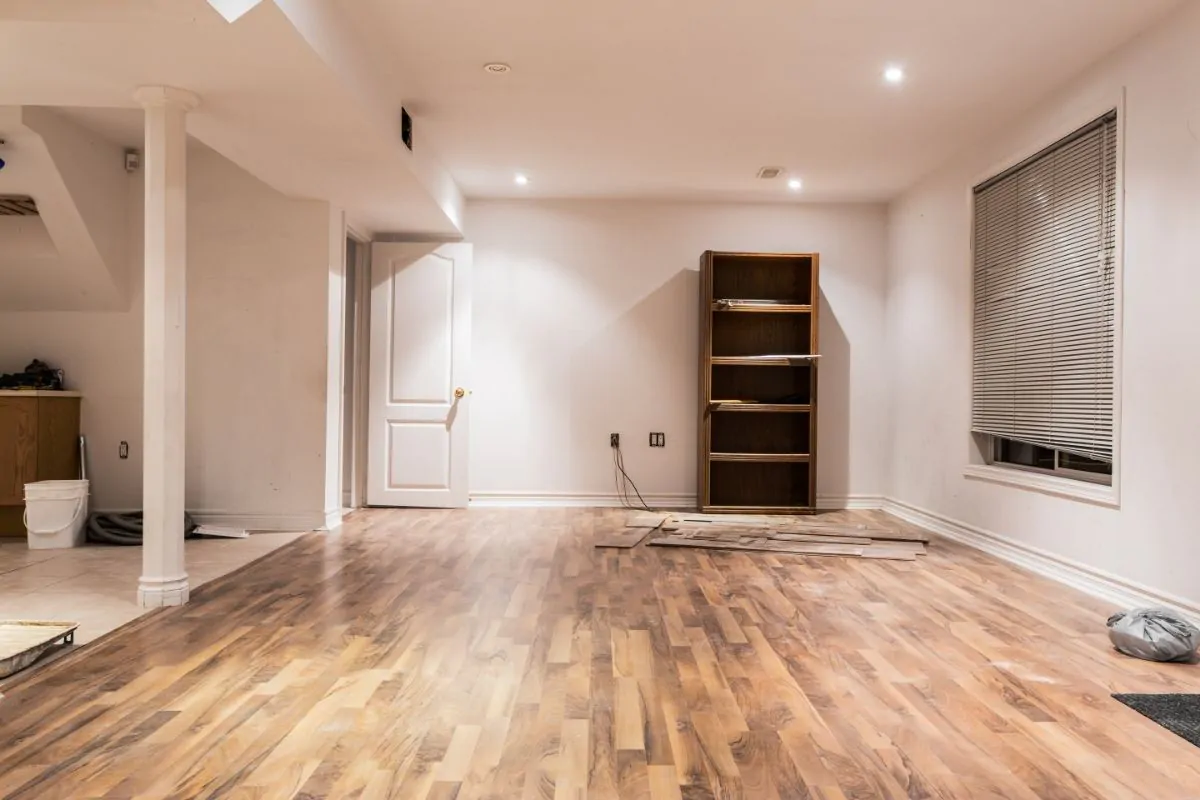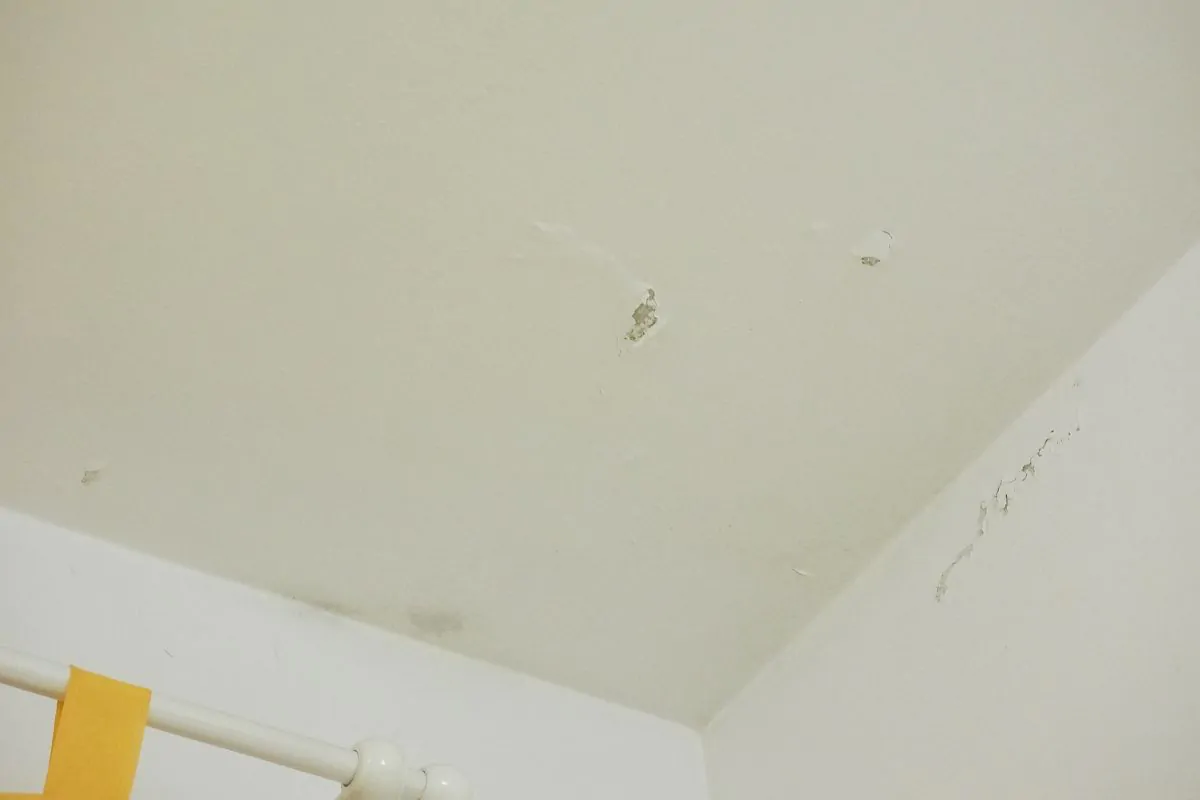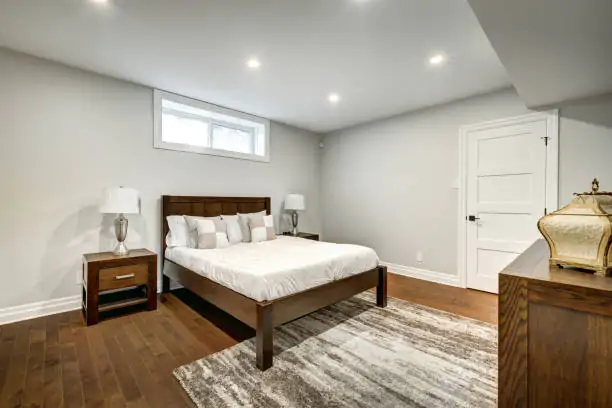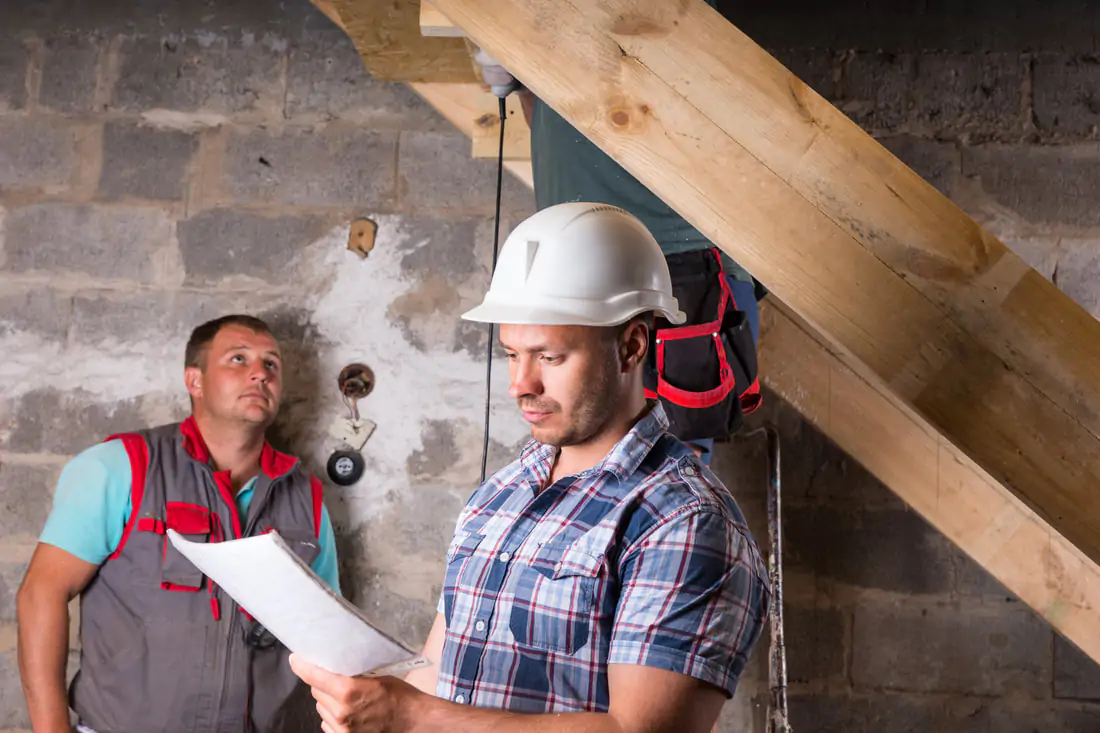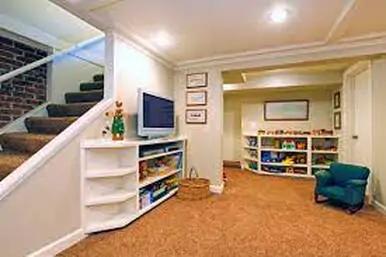Achieving a quiet basement starts with proper soundproof insulation for the basement ceiling. Noise from above can easily seep through, disrupting privacy and comfort. The right basement ceiling sound insulation minimizes unwanted sound transfer, making the space more functional. Using quality materials and proper installation techniques ensures effective noise reduction.
However, it is crucial to avoid common mistakes that could reduce insulation effectiveness. Whether you need to insulate the basement ceiling for a home office, theater, or extra living space, sound-dampening the basement ceiling enhances peace and usability. Your basement can become a quiet retreat free from disruptive noise with the right approach.
Why Is Sound Proof Insulation for Basement Ceiling Important?
Soundproof insulation for the basement ceiling is essential if you want to reduce noise transfer between floors. It not only keeps sounds from traveling up and down but also enhances privacy and comfort in your living space. Investing in this insulation will create a more peaceful environment for you and your family.
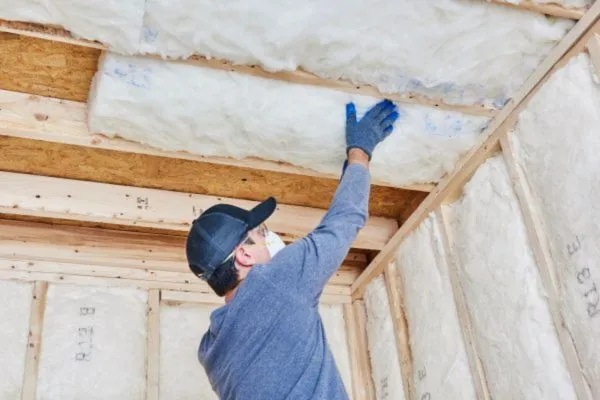
Reducing Noise Transfer Between Floors
Since noise can travel easily between floors, reducing sound transfer is essential for maintaining peace and comfort in your home. Installing soundproof insulation in your basement ceiling can considerably minimize the impact of foot traffic, conversations, and other household sounds. This enhances your living environment and helps you enjoy your space without being disturbed by unwanted noise from above.
Enhancing Privacy and Comfort
Installing soundproof insulation for the basement ceiling dramatically enhances your home’s privacy and comfort. You will enjoy a quieter environment, free from disruptive noises above. This insulation also helps create a cozier atmosphere, perfect for relaxation or entertainment. By minimizing sound transfer, you can feel more at ease, whether watching a movie or conversing without interruptions.
Best Materials for Basement Ceiling Sound Insulation
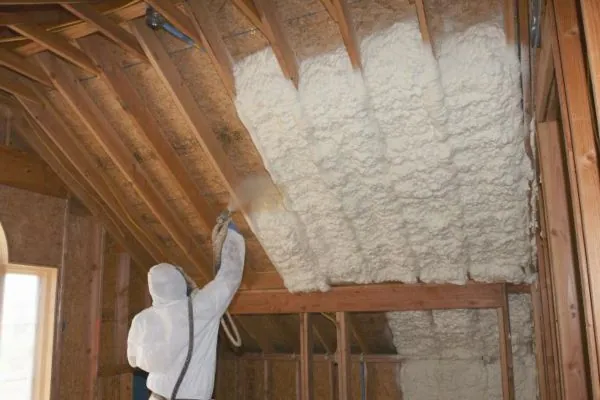
Choosing the right materials is key when it comes to sound insulation for your basement ceiling. Fiberglass insulation, mineral wool, and acoustic foam each offer unique benefits that can help you achieve the quiet space you want. Let’s explore these ceiling options to find the best fit for you.
Fiberglass Insulation for Sound Dampening
Fiberglass insulation is often a top choice for sound dampening in basement ceilings due to its excellent noise-reducing properties. It effectively absorbs sound waves, minimizing echoes and unwanted noise. Plus, it’s lightweight and easy to install, simplifying your project. When you use fiberglass insulation, you are enhancing acoustics and improving energy efficiency, creating a more comfortable living space.
Mineral Wool and Rockwool for Maximum Soundproofing
Utilizing mineral wool or Rockwool can greatly enhance soundproofing in your basement ceiling. These materials are dense and absorb sound effectively, reducing noise transmission between floors. Their fire-resistant properties add an extra layer of safety. When installed properly, they can create a quieter, more peaceful environment, allowing you to enjoy your basement space without disturbances from above.
Acoustic Foam and Soundproof Panels
Mineral wool and Rock wool are excellent for soundproofing, but acoustic foam and soundproof panels can make a significant difference if you are looking for an even more targeted approach. These materials absorb sound waves effectively, reducing echo and noise transfer. Installing them on your basement ceiling enhances sound quality and creates a more comfortable living space. Consider this option for ideal results.
How to Insulate Basement Ceiling for Soundproofing
To effectively insulate a basement ceiling for soundproofing, you will want to start by properly prepping the area. Next, you need to install the chosen soundproof insulation, ensuring it fits snugly. Finally, sealing any gaps will enhance sound dampening, creating a quieter space below.
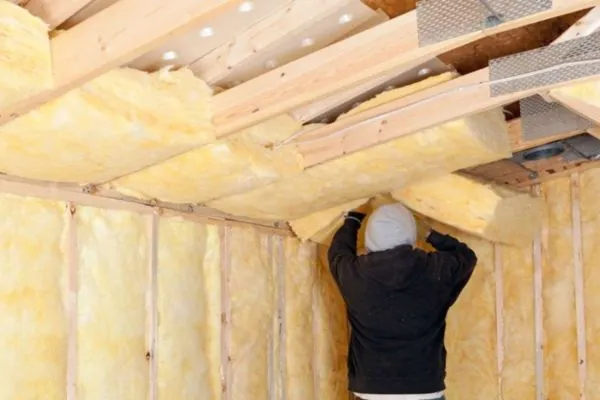
Prepping the Basement Ceiling for Insulation
Before soundproofing the basement ceiling, it is crucial to prepare the space effectively. Start by clearing out any items stored in the basement. Inspect for water damage or mold, as these issues need to be addressed first. Next, verify that all electrical wiring and plumbing are properly secured. Finally, clean the ceiling surface to guarantee ideal adhesion for insulation materials.
Installing Sound Proof Insulation for Basement Ceiling
When you are ready to insulate the basement ceiling, selecting the right materials is key. Begin by measuring your ceiling area accurately. Cut your insulation batts to fit snugly between joists, ensuring there are no gaps. Secure them in place with staples or wire. Finally, consider using a vapor barrier to protect against moisture while enhancing soundproofing.
Sealing Gaps and Enhancing Sound Dampening
After you’ve installed soundproof insulation in your basement ceiling, the next step is to seal any gaps to maximize sound dampening. Use acoustic caulk to fill cracks and spaces around light fixtures, ducts, and walls. Don’t forget to check for gaps between the insulation and the ceiling joists. This extra layer of sealing will help create a quieter, more peaceful space below.
What Is the Best Way to Achieve a Sound Dampening Basement Ceiling?
To achieve a sound-dampening basement ceiling, combining multiple insulation methods for maximum effectiveness is necessary. This approach enhances soundproofing and allows you to explore cost-effective solutions that fit your budget. Let’s look at how to implement these strategies effectively.
Combining Multiple Insulation Methods for Better Results
Achieving a sound-dampening basement ceiling often requires a combination of insulation methods for maximum effectiveness. You can start with fiberglass batts for thermal insulation, then add resilient channels to decouple the ceiling from the joists. Finally, consider mass-loaded vinyl or acoustic panels for additional soundproofing. By layering these techniques, it is possible to significantly reduce noise transmission and create a quieter, more relaxing environment.
Soundproofing on a Budget: Cost-Effective Solutions
If you’re looking to soundproof your basement ceiling without breaking the bank, there are several cost-effective solutions you can explore. Consider using acoustic panels or soundproofing curtains, which can absorb sound effectively. Adding mass-loaded vinyl can also help dampen noise. Finally, sealing gaps with caulk or weatherstripping minimizes sound leakage, making your basement quieter without a hefty investment.
Common Mistakes to Avoid When Installing Sound Proof Insulation for Basement Ceiling
When installing soundproof insulation for the basement ceiling, it is easy to make some common mistakes that can undermine your efforts. You might choose the wrong insulation material or use improper installation techniques, which can lead to disappointing results. Neglecting other soundproofing measures can leave gaps in your setup, so it’s vital to be thorough.
Choosing the Wrong Insulation Material
Choosing the right insulation material is essential for effective soundproofing in your basement. Many people mistakenly opt for traditional insulation, which may not provide the sound-dampening qualities you need. Instead, consider specialized soundproof insulation like mineral wool or acoustical foam. Do not forget to check the Sound Transmission Class (STC) ratings, which determine how well the material absorbs sound. Making the right choice can significantly enhance your basement’s tranquility.
Improper Installation Techniques
Proper installation techniques are essential for maximizing the effectiveness of soundproof insulation in your basement ceiling. Avoid common mistakes like leaving gaps between insulation panels, which can let sound leak through. Do not compress the insulation, as this reduces its soundproofing capabilities. Ensure you secure it properly, and check for any air leaks that could compromise your efforts. Attention to detail makes all the difference!
Neglecting Additional Soundproofing Measures
Many homeowners mistakenly believe that installing soundproof insulation alone is enough to eliminate noise in their basement. However, neglecting additional soundproofing measures can lead to disappointing results. Use resilient channels, soundproof drywall, or acoustic caulk to enhance soundproofing. Combining these methods with insulation will considerably reduce noise transfer and create a quieter, more comfortable living space in your basement.
Final Thoughts
Wrapping up your project effectively can make all the difference regarding soundproof insulation for basement ceilings. Ensure you have correctly selected and installed the right materials to maximize sound reduction. Do not forget to seal gaps and consider additional soundproofing measures. By taking these steps, you can easily create a peaceful environment that enhances your basement experience and keeps noise at bay. Do not put it off, call your local basement remodeling professional today to get started on your basement improvement project!
Basement Ceiling Insulation FAQs
1. What is the best insulation for soundproofing a basement ceiling?
The best insulation options for soundproofing a basement ceiling include fiberglass batts, mineral wool (Rockwool), and acoustic foam. These materials effectively absorb sound and reduce noise transfer between floors.
2. Can I soundproof my basement ceiling without removing drywall?
Yes! You can improve soundproofing by adding mass-loaded vinyl, acoustic panels, or soundproofing foam directly to the existing ceiling. Sealing gaps with acoustic caulk also helps minimize noise leakage.
3. How much does it cost to soundproof a basement ceiling?
The cost depends on the materials used and the size of the space. Fiberglass batts are budget-friendly, while Rockwool and mass-loaded vinyl are pricier but offer better noise reduction.
4. Does soundproof insulation also help with temperature control?
Yes! Many soundproofing materials, like fiberglass and mineral wool, also provide thermal insulation, helping to maintain a comfortable basement temperature year-round.
5. What are common mistakes to avoid when soundproofing a basement ceiling?
Common mistakes include using the wrong insulation material, leaving gaps between panels, compressing insulation too tightly, and neglecting additional soundproofing measures like resilient channels or acoustic caulk.






